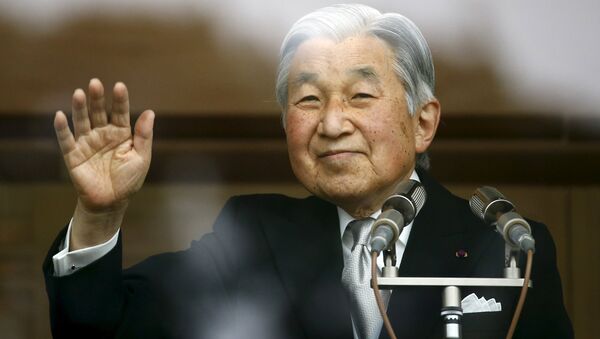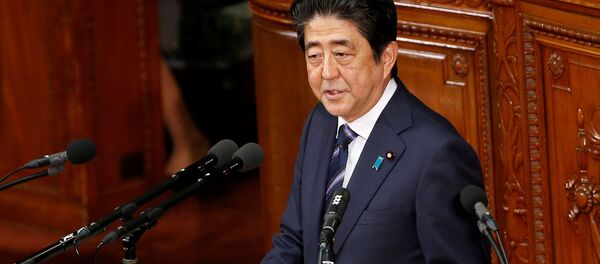It is expected that the panel consisting of five academics and a business organization executive would study Emperor Akihito's abdication wish, interview a number of experts on the constitution, monarchy and history, and then present a report early next year.
The 82-year-old emperor hinted at his readiness to renounce the throne in a rare video message to the public in August, expressing his concern to become unable to fulfill official duties due to his age. Abdication is not stipulated by the Imperial Household Act of 1947, under which the throne passes on only after the death of an emperor.
Media reported that the Japanese government considered making an exception to the state’s law, and passing special legislation for Akihito's abdication.
According to polls, about 80 percent of Japanese population supports the idea of emperor's abdication.
Akihito ascended to the Japanese throne in 1989 after Emperor Hirohito's death. According to the Japanese Constitution, emperor has a merely ceremonial role, being a symbol of the nation and of national unity. Akihito has two sons — Crown Prince Naruhito and Akishino — who are first and second in line to become Japan's emperor under male-only succession system.




